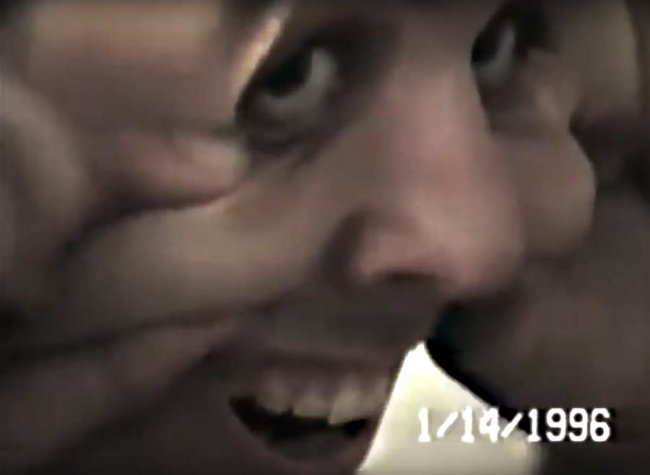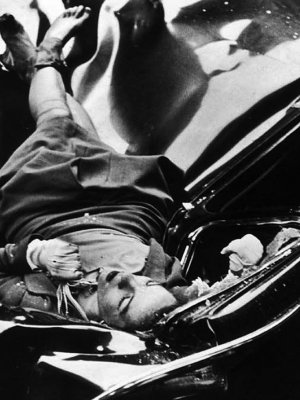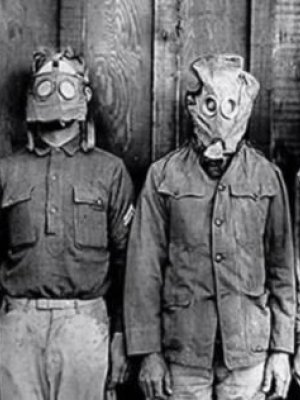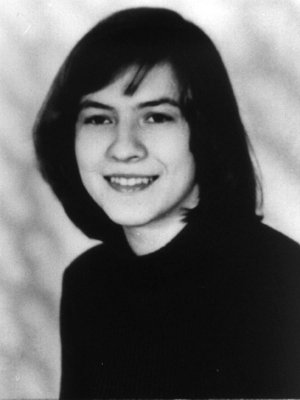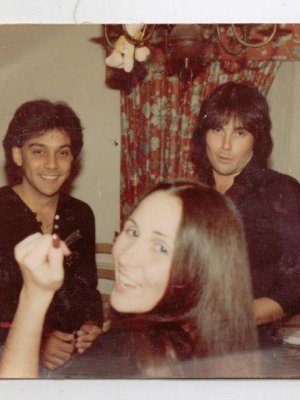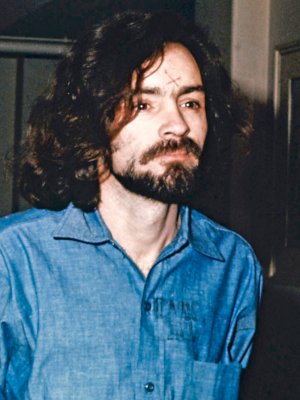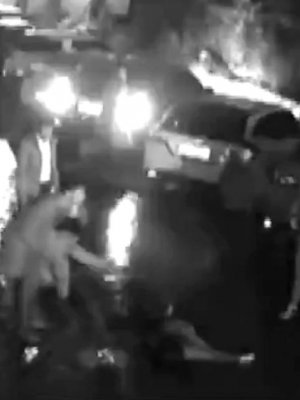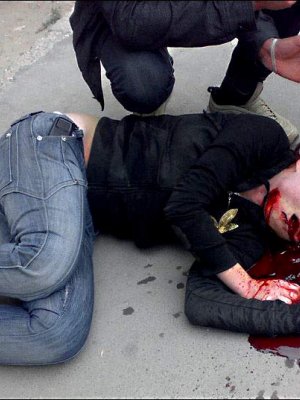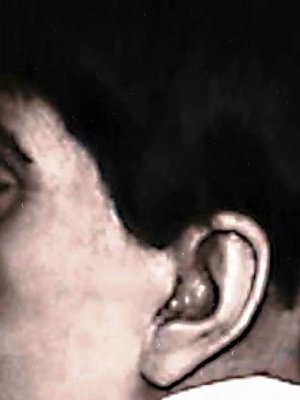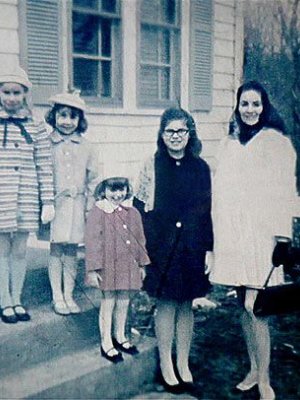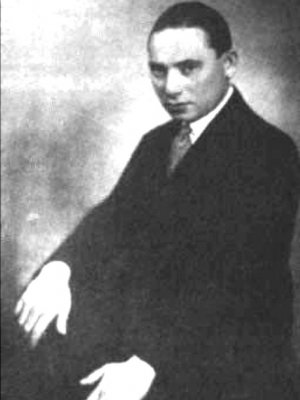Ricardo Lopez the Sick Man who Suicided for Bjork
In the relationship between celebrities and their public, there is always a delicate balance: Fans can admire, but they also have to keep their distance.
When this equilibrium is broken, it can be dangerous.
Icelandic pop star Björk learned this when an American fan sent her a bomb in disguise and then killed himself — leaving behind 22 hours of videotape.
For authorities on both sides of the Atlantic, this one man's obsession became a race against time. And for observers, like famed crime writer Patricia Cornwell, the man's tapes provided a rare window into the mind of a celebrity predator. Cornwell joined up with Primetime to take a look at the case.
The Last Day
On Sept. 16, 1996, the manager of the Van Buren Plaza apartment building in Hollywood, Fla., saw blood coming out of the walls under apartment A.
When police opened the door, they found a badly decomposed male body with red, black and green greasepaint all over the face.
There was a video camera set up in the direction of the body, and odd things written on the wall: "The best of me," and a slur against African-Americans.
Inside the camera, there was a videotape labeled "The Last Day." Several other cassettes were nearby. Investigators went straight to the last tape and confirmed the death was a suicide.
Then they went to the beginning, and found revelations that could ruin a young woman's life — as well as a case study in the transformation of fan into stalker.
Fan Into Fantasy
The body belonged to 21-year-old Ricardo Lopez. Lopez was the son of a middle-class family who came to the United States from Uruguay. He had lived most of his life in America, first in Georgia, then in Florida.
He was extremely bright but dropped out of high school to become an artist. To support himself, he worked part time for his brother as an exterminator.
As well as the videotapes, he left behind an 803-page handwritten diary — full of the musings of a young man embarrassed by his body and awkward around girls.
"This is how I feel now, but this isn't how I always felt," he said on one of the tapes. "Especially when I was growing up. I mean, I had hopes, and stuff like that, with women. Even though I was fat and this and that, but I still had hopes."
Lopez took refuge from his troubles by reading about the glamorous world of celebrities. At 18, he fixated on Björk after seeing a video of her. At first she was a muse, inspiring him to create art works dedicated to her. But soon, the fan drifted into fantasy.
Lopez recorded himself talking to the camera: "This gave me something, you know. Being in love, having an infatuation, is a euphoric feeling, and I was very happy. I had something to look forward to every day."
The diary shows how the fantasy eventually became more and more consuming, and how Lopez slowly became less and less anchored in reality.
Explosive Hate
Three years into his obsession, Lopez read that Björk had a lover — the black musician known as Goldie. Compounded by his bigotry, it lit a terrible fuse within him.
"I just had a deliciously sadistic plan for Björk," Lopez wrote in his diary. He went on to say how he'd like to he'd like to inflict his pain onto her.
Lopez constructed a bomb using sulphuric acid and placed it inside a hollowed-out book. When Björk opened it, he hoped, a trigger would hurl the acid all over her face.
He also forged a letter from her record company, telling her the book was for a future project.
The last step was to obtain Björk's home address in London. Such addresses are available for as little $5 from celebrity services, which give away personal details for money.
Then he took the package to the post office and mailed it. He came home still savoring the drama. One taped showed him saying to the camera, "It went off almost without a hitch. I'm shaking more and more, but I was real cool in there, just a little bit nervous."
‘This Is the Last Song’
With his bomb now almost at Björk's doorstep, Lopez began the final act for his tape — and his life. He painted his head red and green. "It would make it easier for him to shoot himself because he didn't look like himself," Cornwell explained.
As Lopez sat in the chair with his gun, he kept picking up a mirror and looking at himself. "As if he's saying, 'That's not me. It's easier this way,' " Cornwell said.
On his video, Lopez talked about his own family both clinically and affectionately. He said he knew many killers had families that were brutal, but said his own family was normal and kind. "I had a, you know, not perfect, but very stable foundation, strong family," he said.
As Lopez neared the end of his life, he played Björk's music in the background. "I feel a little nervous now. I'm definitely not drunk. I am not depressed. I know exactly what I am doing. It is cocked back. It's ready to roll," he said.
The song changed. "I remember you," sang Björk. Lopez said: "This is the last song. After this, I'm dead. I'm nervous."
His last words were: "This is for you." He pulled the trigger. On the video, a gunshot rang out, but there was no visible blood. Lopez groaned and simply fell out of the frame.
An Eternal Bond
Police found Lopez's body four days after he killed himself. Estimating it would take five days for a package mailed in Florida to reach a London address, investigators realized that left them only about a day to stop the bomb.
In London, British detectives at Scotland Yard set up a special secret system they have for intercepting potentially dangerous packages in the mail. The package was spotted at a post office in south London. Its next stop would have been Björk's London home. Even now, Scotland Yard will not say precisely how they did it.
Right after the bomb was found, Björk emerged from her house, shaken. "I make music, but in other terms, you know, people shouldn't take me too literally and get involved in my personal life. I make music for people, you see," she told reporters.
Lopez's bomb did not reach its target — but his plan was not been a complete failure: Björk now knows his name.
In some cases, by committing the murder, "what you're also doing is you are bonding with that person for all eternity," said Cornwell, noting that stalkers' names often live on in the public's memory, tied forever with the object of their obsession.


